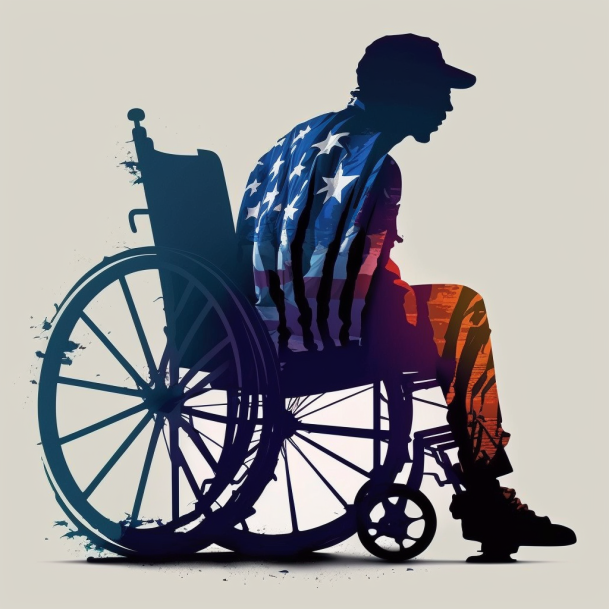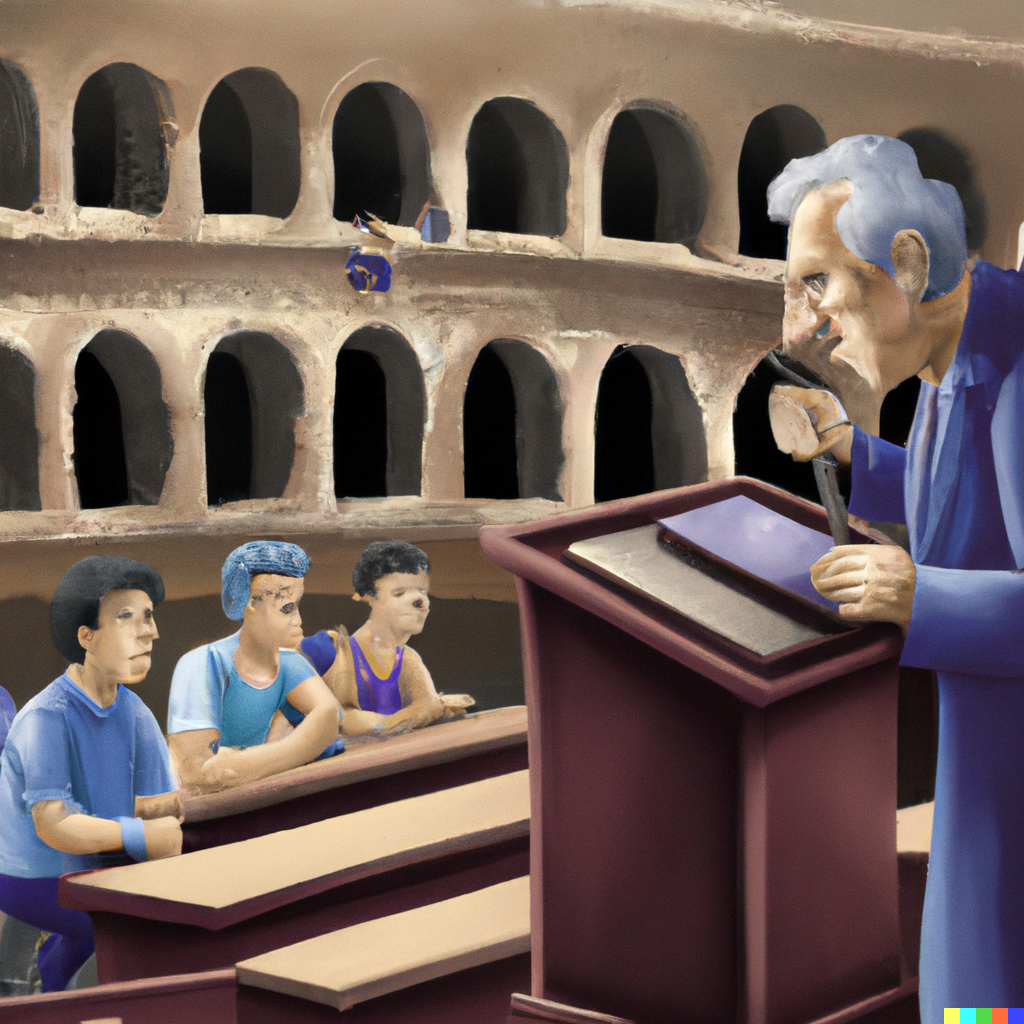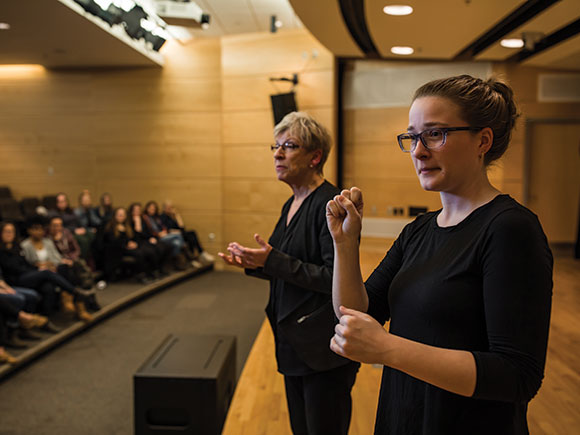What Does an Interpreter Do?
The practice of interpretation in today’s industries has become an essential demand and a vital source in providing aid to those individuals in need of interpreting services. Identifying definition and true meaning from verbal communication require specific knowledge and experience that streamlines that ability to exceptionally provide qualified interpretation services. Interpretation services provided by businesses have changed the way how communication is established for those that have difficulties holding intellectual dialogue. Under these conditions, businesses have innovated new segments, developing strategic interoperation services that effectively improve communication barriers with individuals that require assistance to interpret vocals, audio or any similar manuscripts. In this review, we will be highlighting some of the major aspects of what interpreters do and how they can be administered to help individuals that are experiencing trouble with understanding any type of language.
Who Are Interpreters Anyways?
Interpreters are specialized and highly-experienced dialect professionals that have the knowledge and skill-set to interpret one through means of spoken communication. From an industry perspective review, interpreters are usually known to work on individual or private levels.
Common Practice?
For an interpreter, their selection of pick over the types of languages/dialects can vary, and depending on experience, an interpreter may have expertise with several dialects/languages. However, Bureau of Labor Statistics reported that the majority of the interpretation demands standardized requirements such as the specialist having a bachelor’s degree or RID certification for ASL interpreters, in order to administer the practice of interpretation. This rule of the standard applies to individual or private interpretation service providers.
On the other hand, there are agencies that provide interpretation services, usually consisting a team of highly-qualified experts that have the exceptional skill-set to process essential interpretation.
Hiring Professional Interpretation Services
From foreign students, traveling enthusiasts, to Deaf individuals, individuals suffering from communication disabilities, etc. can consider the option to hire a professional agency that can cater to all your interpretation requirements.
How Does Interpretation Agencies Work?
Most businesses have standardized their presence through means of an established website. Interpretation agencies like Frederick Interpreting Agency provide high-quality interpretation services in two vital methods;
-
On-Site Interpreting (OSI)
One of the most effective interpretation service methods is the OSI, or also known as the on-site interpretation services. The method is provided by the agency assigning a highly qualified interpreter that specializes in the specific manuscript provided by or required by such client/business or individual. The subject expert would conduct on-site (visiting the physical location of the client, business, or individual) to administer comprehensive on-site interpreting services. These sessions can be also administered under a periodic system to ensure daily or cycled-based schedules for those who require interpretation services frequently.
-
Video Remote Interpreting (VRI)
Depending on the agency individuals decide to source/reference from, some agencies have the scalability to administer online-interpretation services, widely known as VRI services, by establishing a solid-connection through means of virtual online assistance and conducting interpretation services. The VRI services are established under a similar protocol as on-site, however, the difference is that it gives the edge for interpreting agencies to connect customers a global scale. Therefore, these possibilities in terms of dialects and languages can range at a wide-scale. Fundamentally, agencies have a number of professions that have the exceptional expertise to administer high-quality interpreting services through means via video remote.
Why Consider Interpretation Service Agency?
Today’s environments are geared with highly-advanced tech and gadgets that come with a number of beneficial factors and therefore language and dialect aren’t much of a problem. However, for many individuals, the world of language and/or dialect is still a troubling factor, especially if one tends to travel to different places around the globe. Traveling around the world also means experiencing different types of dialects and languages. Under this scenario, opting an agency can be vitally beneficial. Regardless if such an individual is a student, a particular agency, or a professional expert that requires help with a specific type of interpretation. The following are a few vital reasons why individuals should consider an agency to help with interpretation requirements:
-
Affordability
Unlike hiring private-highly qualified experts, hiring an agency can save a few bucks on your budget.
-
Reliability
Agencies are usually backed with highly-skilled and experienced staff, which enables the agency to expand its range of diversity in terms of language and/or dialect selection and range.
-
Promptness
Since the majority of the agencies administer their services via online, most provide unique application services and or unified platforms that make it easy for its users to gain access to such agency. This allows such an agency to increase its promptness and response time to incoming inquiries or any specified requirement. Online agencies like (XXXX) can provide both VRI and OSI services under a quick turnaround time. This quality is highly appreciable by students and/or agencies that need honest and true interpretation services under a tight deadline, all while ensuring accuracy and sufficiency in the interpretation itself.












0 Comments